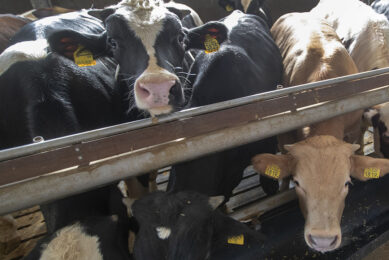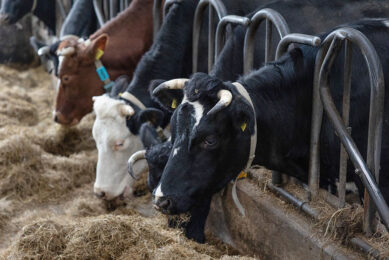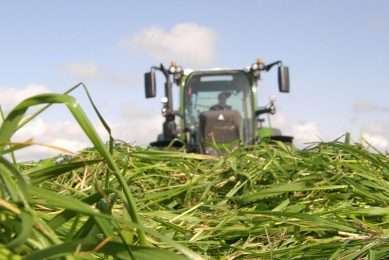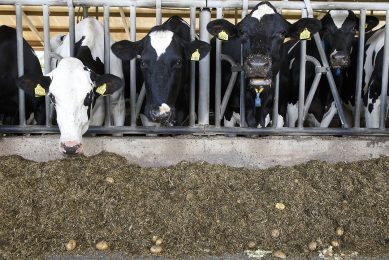Dioxin cattle culled in Ireland
Cattle on 21 farms will be slaughtered over dioxin levels in Ireland.
The samples were found to be positive for marker polychlorinated biphenyls,
or PCBs, and further tests found that the dioxin levels were higher than the
results from the recent controversial pork samples.
However, while the
cattle implicated will have to be slaughtered and the dioxin levels exceeded the
legal limit, the Food Safety Authority of Ireland (FSAI) said the risk to public
health was extremely low.
“The risk assessment carried out by the FSAI
indicates that, based on food consumption data, the exposure from beef is 300
times lower than that posed by the pork contamination,” a FSAI spokesman
said.
“Therefore, consumers should have no concerns in relation to health
risks and retailers are not required to take any action.”
Farms that
could have potentially used contaminated feed have been restricted since
December 5, and the Department of Agriculture confirmed 21 out of 120,000 cattle
farms here had received the implicated animal feed.
Meanwhile, EU member
states backed a disposal scheme for animals locked down on farms that have used
contaminated feed, as well as for certain pig meat stocks held in, or still
owned by, slaughterhouses.
The EU will co-finance the purchases at an
average rate of 50%.











